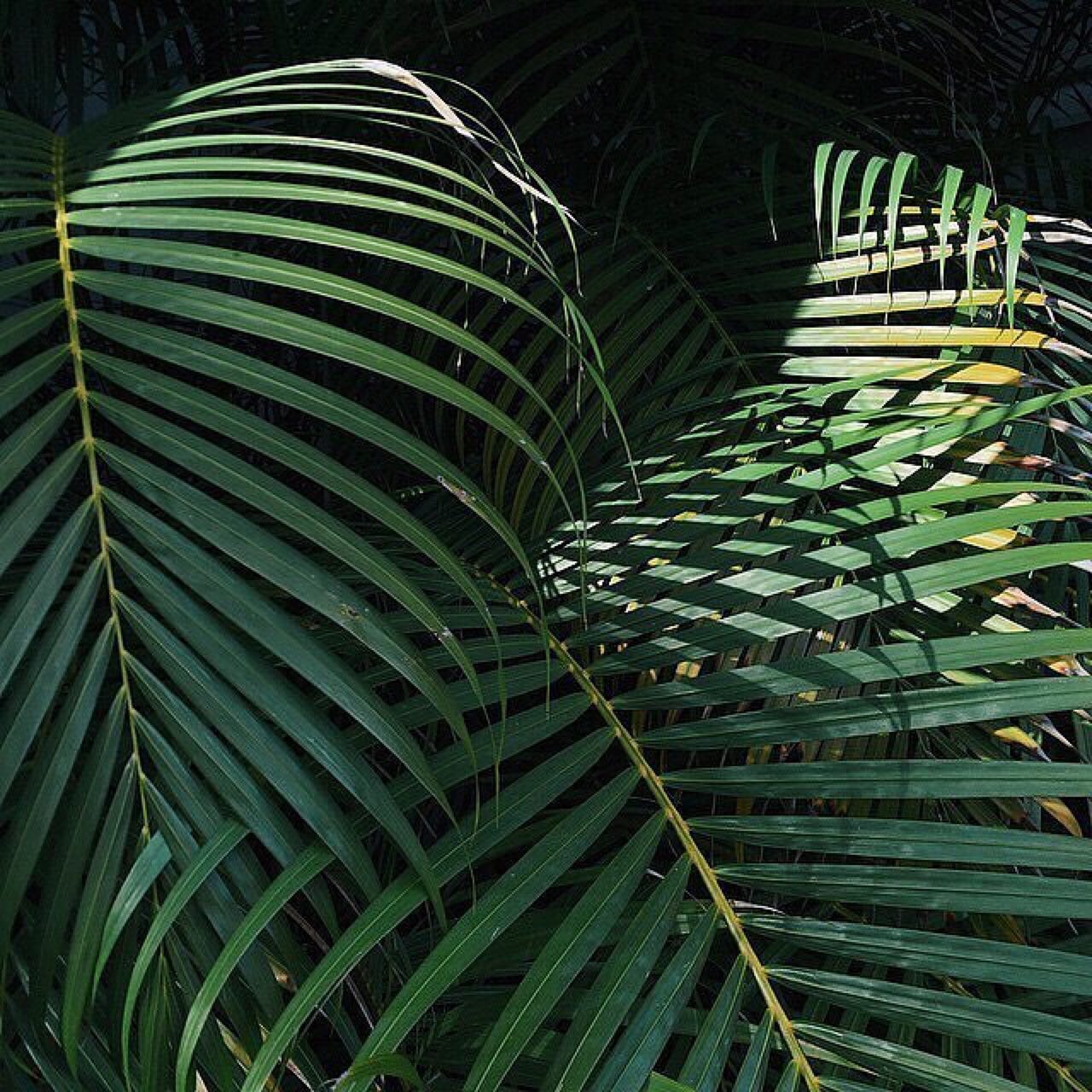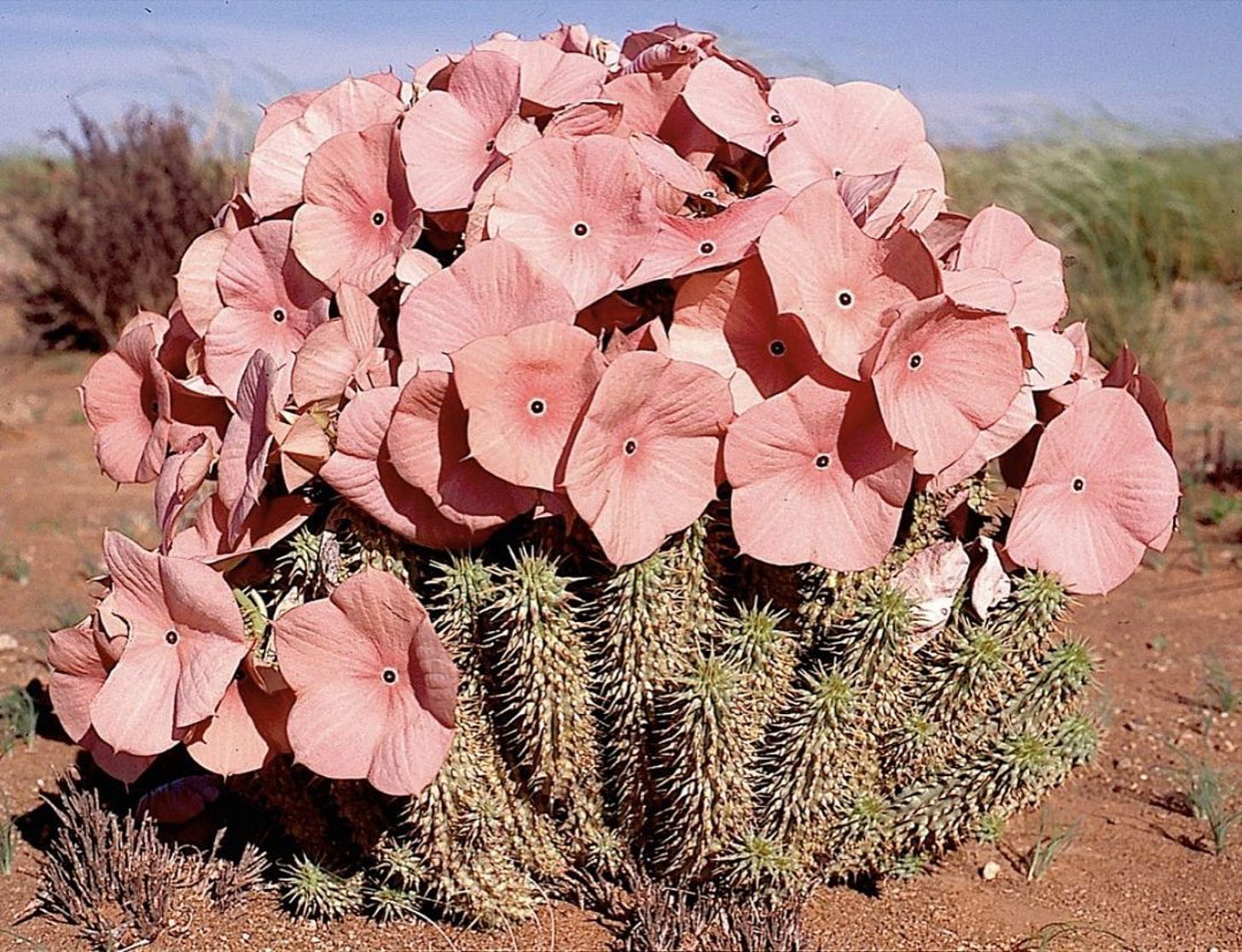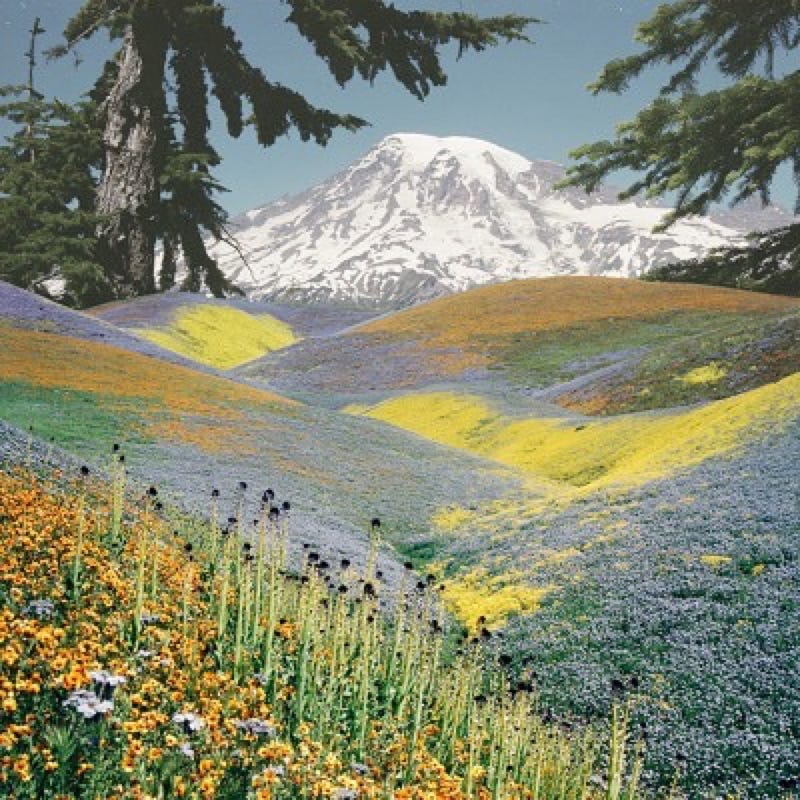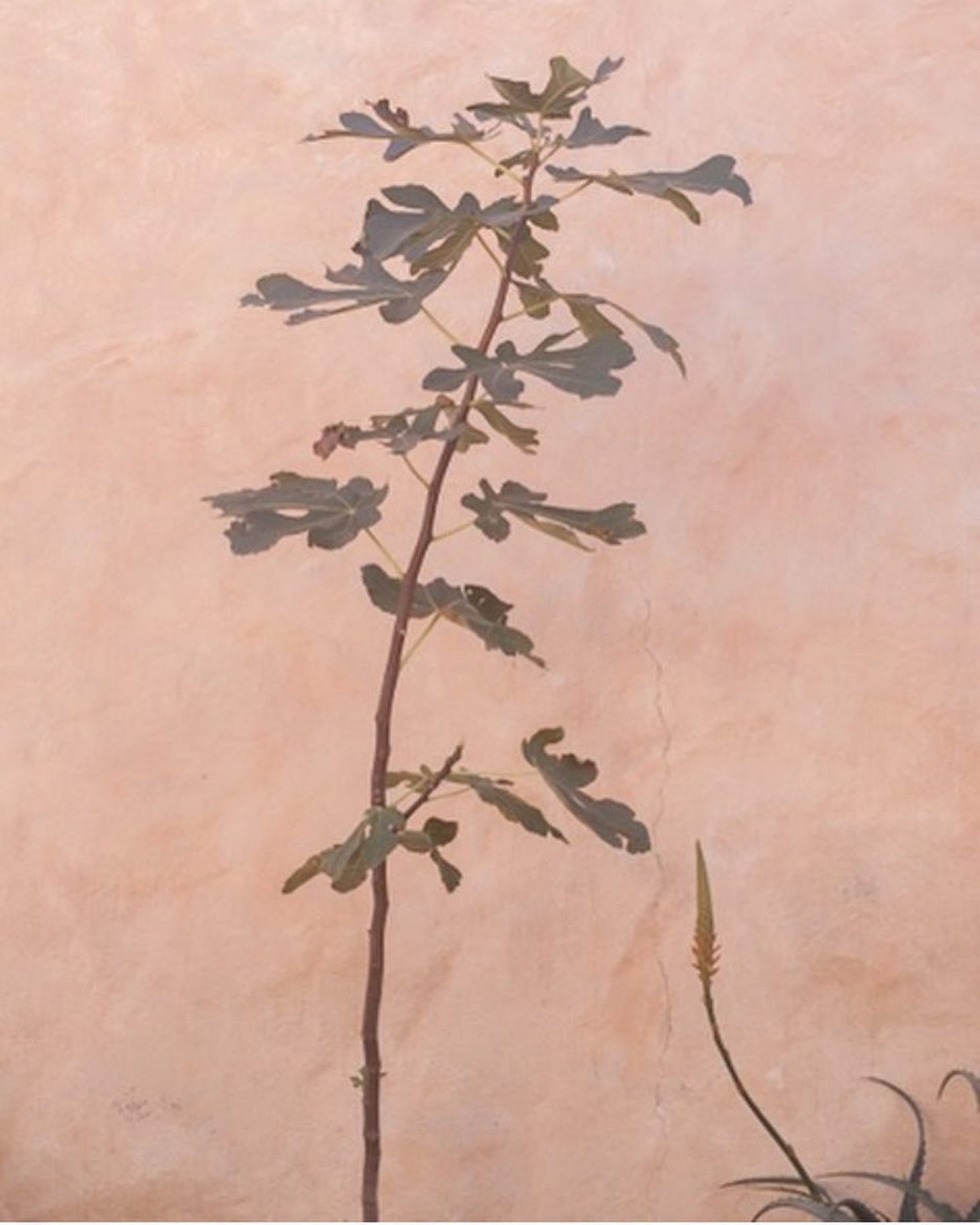When I was at Oxford last summer, my amazing friend Pooja said something very interesting that stuck with me. PLANTS AREN’T SEXY. And in truth, she is so right. People don't think about the conservation, sustainability, or the importance of plants because they aren’t as appealing as other organisms of this planet.
Think about it, big game animals or trees are so much easier to get excited about. They are in your face and take up such large energy on this planet. But plants, they sort of just hang on the sidelines. You drive by them everyday, your dogs pee on them, you chop them up in a hurry to feed the family. You don’t really SEE them. I mean, they are not a tiger on the front of a poster or a sequoia tree towering over the treetops. Plants are conspicuous, but they are always there around us.
Plants are everywhere on this planet and they're the reason that we can live. They clean our water, create the oxygen that we breathe, provide the materials for shelter, supply the food we eat and even give us free medicine. We owe them our lives. But, so do most organisms on this planet. Plants alchemize with almost all the other elements of the earth. So, what it really boils down to is that plants are essential to the biodiversity and the health of this planet, but also to the survival of the human species.
We eat foliage and roots and even own them as houseplants, but western society doesn’t seem to fully grasp how interconnected our relationship is with these organisms. However, some of the most amazing stories of interconnection that I have encountered are from indigenous cultures. I have always been amazed by the innate knowledge and wisdom that indigenous cultures across the world have when it comes to their relationship to plants. It’s this beautiful symbiotic connection that has taken years of living amongst the natural world to absorb and give with this sort of fluid language.
And from my work as an ethnobotanist, I've also learned from indigenous cultures that we can't take advantage of the magnificence that the plants provide for us. So, one of my missions is to not only encourage people to have a better relationship to plants, even if to just simply notice plants, but also to acknowledge and honor them. To give an energy of gratitude and love for the natural world.
But, I also VERY IMPORTANTLY I want to remind people that as we are trying to save the planet, the answers to the climate crisis, or even the answers to almost any issue that the human species is struggling with, can be sorted out by plants.
Let’s take an example with social justice issues. Plants teach us a great lesson. For instance, we are taught to eat a rich diet of diverse foods. And, if you don’t eat that way, you get sick. We cannot white wash and just eat boiled chicken. It doesn't have enough nutrients for the human body. So, why can't we implement that same concept to racial justice or LGBTQ rights issues? We need biodiversity to survive. It's actually essential to SURVIVAL. Color, vibrancy and life are what earth needs…and so do humans…in every shape, color and culture.
Imagine if we all had that sort of respect for each other that we do in this concept of biodiversity. We are also taught that biodiversity is an essential component to the health of the environment itself. We think of healthy ecosystems as thriving jungles of vines, monkeys, trees, flowers...
Plants teach us the importance of diversity. I mean they all sit next to each other, different in families and bodies, but they're all the same species. On my dog walk through the subtropical New Zealand forest the other morning, I saw some grass. Then I saw some plantain, I saw some violet leaves, I saw some daisies, I saw some ferns, I saw some clovers, I saw some kawakawa. Some have green color in common, some have white, some have yellow. They're all different species, but what they have in common is that they are plants. And, the bottom line is that they live together and coexist, living symbiotically and helping each other thrive.
To quote one of my favorite books Braiding Sweetgrass:
In some Native languages the term for plants translates to “those who take care of us.”









A great reminder to respect and honor the plants around us.